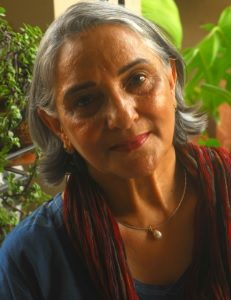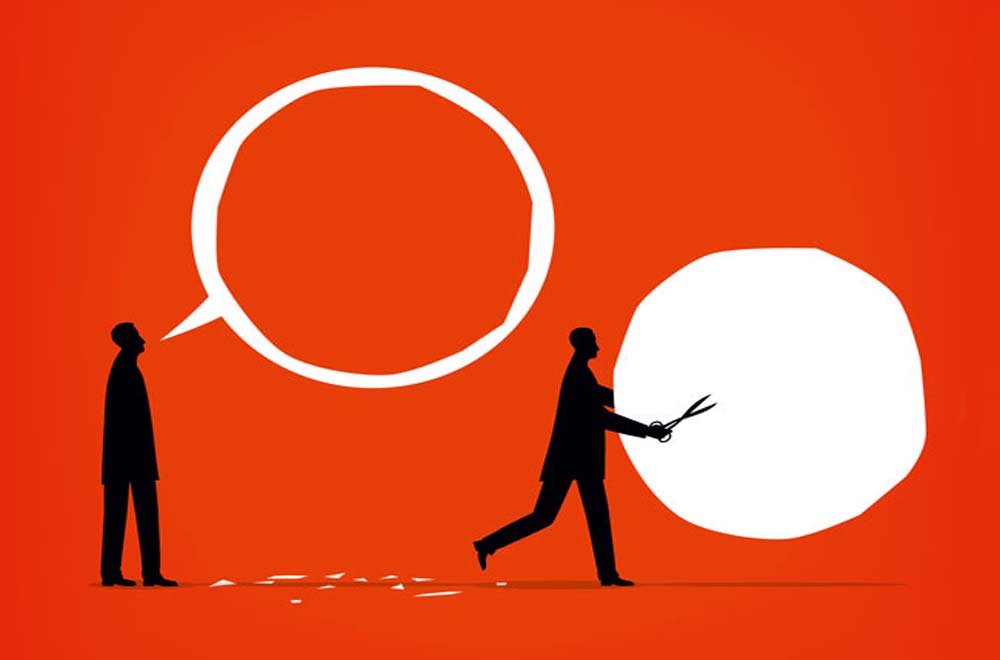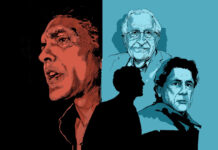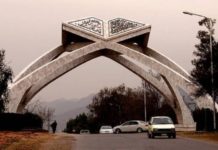Disclaimer: The Eqbal Ahmad Centre for Public Education (EACPE) encourages critical and independent thinking and believes in a free expression of one’s opinion. However, the views expressed in contributed articles are solely those of their respective authors and do not necessarily reflect the position or policy of the EACPE.
There are some basic fundamentals of democracy which are sacrosanct and never to be tempered with. One of them is the liberty to express diverse thoughts and ideologies, be they religious, political or intellectual. All progress, economic growth and scientific inventions are driven by freedom of thought. No society or nation that stifles freedom of thought can hope to develop optimally on any front. We need to look at socio-political differences between India and Pakistan and developed countries like the US, Germany and other European nations. Why are they so far ahead of us and why are we lagging behind? Why do they lead the world in science, material progress and human wellbeing while we still have millions sunk in poverty. The major underlined differences are individual freedom, better human rights and political accountability. Nude statues of Trump can be put up on street corners of US cities by disgruntled dissenters; a police chief can tell him to shut up if he has nothing meaningful to say. Can you imagine this happening in India or Pakistan?
Why are governments afraid of liberal intellectuals?
Why are governments afraid of liberal intellectuals? A repressive state is threatened by intellectuals who take a keen interest in political systems and can understand their Machiavellianism inside out. They serve as thought leaders in a society where the majority of people need help in formulating their opinions and ideologies. Thought leaders address and clarify issues of injustice and inequality, making people wise to fault lines in the system.
Liberal educators in particular are perceived as a great threat for their power and influence on young minds, giving them great leverage towards disturbing the status quo. Nervous governments try stifling voices of dissent through various tools of intimidation and harassment. Intellectuals are attacked, maligned, threatened and often thrown out of jobs or jailed under cooked up charges. Recent examples include Turkey, Pakistan and India, where many intellectuals, educators, activists and journalists have been incarcerated for daring to question the state in favour of justice, human rights and majoritarian religious dogmas.
Intellectuals, educators and activists are catalysts who shape public opinion for social and human issues which influence policy making and affect countless lives.
Why should the common citizen be worried for this outrage on someone he does not know personally? How will it affect his life if a stubborn professor is punished for refusing to be silenced? All who choose to keep quiet and carry on as usual must make peace with an authoritarian regime who may well point their guns at anyone, anytime. They must also be happy to keep their children in their hallowed lands instead of moving heaven and earth to smuggle them out to foreign lands. Intellectuals are guardians of democratic values and individual freedom. Many unsuspecting individuals would never understand or make sense of what is going on if they were not around to speak up and lead. Intellectuals, educators and activists are catalysts who shape public opinion for social and human issues which influence policy making and affect countless lives.
The world is speeding ahead while youngsters in Pakistan and India are being entrapped in medieval mind sets through feeding their intellect on religious books, dogmas, racial hatred, distorted histories and fairy tales of past glories. We are, clearly, nations in regression; such nations, imperilled by their own inadequacies and weakness, place themselves in grave danger of subjugation. That is why, when you speak up for the intellectual who is has been victimized, you are speaking up for your future. If you do not, hark Martin Niemoller’s memorable prophecy, “in the end, there will be no one left to speak up for anyone.”
About the Author
 Dr Ranjit Powar is a psychologist who has served with the Punjab Civil Services and earlier as a lecturer with the Punjabi University, Patiala. Besides writing as a freelancer, she works with NGOs for imparting employability training to high school students.
Dr Ranjit Powar is a psychologist who has served with the Punjab Civil Services and earlier as a lecturer with the Punjabi University, Patiala. Besides writing as a freelancer, she works with NGOs for imparting employability training to high school students.








